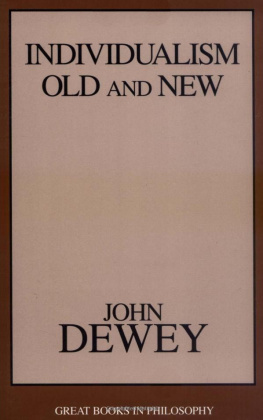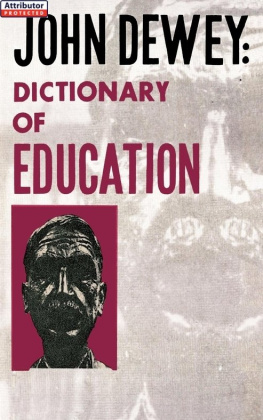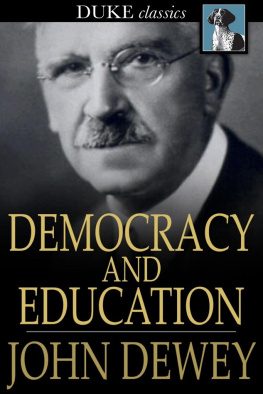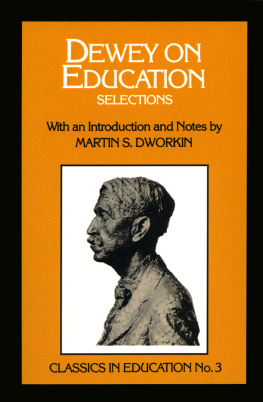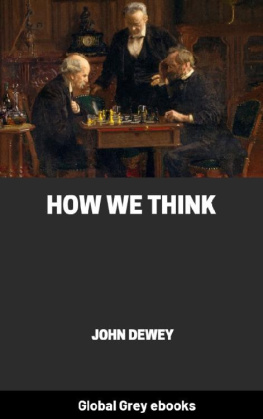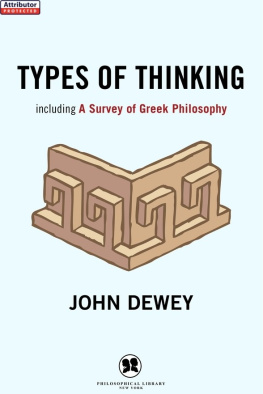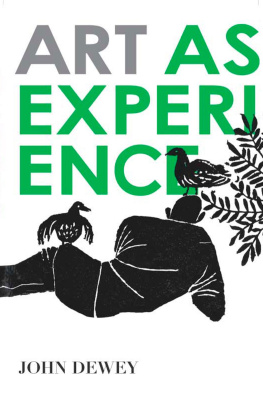




Additional Titles on Social and Political Philosophy
in Prometheus's Great Books in Philosophy Series
Aristotle: The Politics
Francis Bacon: Essays
Mikhail Bakunin: The Basic Bakunin: Writings, 1869-1871
Edmund Burke: Reflections on the Revolution in France
John Dewey: Freedom and Culture
G. W. F. Hegel: The Philosophy of History
G. W. F. Hegel: Philosophy of Right
Thomas Hobbes: The Leviathan
Sidney Hook: Paradoxes of Freedom
Sidney Hook: Reason, Social Myths, and Democracy
John Locke: Second Treatise on Civil Government
Niccolo Machiavelli: The Prince
Karl Marx: The Poverty of Philosophy
Karl Marx and Friedrich Engels: The Economic and Philosophical Manuscripts of 1844 and The Communist Manifesto
Karl Marx (with Friedrich Engels): The German Ideology, including Theses on Feuerbach and Introduction to the Critique of Political Economy
John Stuart Mill: Considerations on Representative Government
John Stuart Mill: On Liberty
John Stuart Mill: On Socialism
John Stuart Mill: The Subjection of Women
Friedrich Nietzsche: Thus Spake Zarathustra
Thomas Paine: Common Sense
Thomas Paine: Rights of Man
Plato: Lysis, Phaedrus, and Symposium
Plato: The Republic
Jean-Jacques Rousseau: The Social Contract
Mary Wollstonecraft: A Vindication of the Rights of Men
Mary Wollstonecraft: A Vindication of the Rights of Women
See the back of this volume for a complete list of titles in Prometheus's Great Books in Philosophy and Great Minds series.
JOHN DEWEY was born near Burlington, Vermont, on October 20, 1859. Twenty years later, he graduated from the University of Vermont, after which he taught public school in Pennsylvania and Vermont. Having become interested in philosophical questions while still an undergraduate, Dewey continued his philosophical training at Johns Hopkins University. In 1884 he was awarded a doctorate in philosophy from that institution and soon thereafter he accepted a position in philosophy at the University of Michigan. Except for a one-year appointment as professor of philosophy at the University of Minnesota, Dewey remained at Michigan-serving a five-year term as chairman-until 1894 when he moved with his wife, Alice Chipman, to the University of Chicago and began his tenure as chairman of the philosophy department. It was at Chicago that Dewey received national recognition for his pioneering work in the field of education with the development of his laboratory school in which experimental approaches to teaching were explored. After a falling out with the University of Chicago over the administration of the school, Dewey left in 1904 and accepted a professorship in philosophy at Columbia University.
For the next twenty-six years, Dewey's academic position at Columbia served as a springboard for his many and varied interests-e.g., social questions, politics, education, and public affairs-his national and international reputation found him working with such groups as the American Philosophical Association, the American Association of University Professors (founder and first president), the Teacher's Union, and the American Civil Liberties Union, among others.
Unlike those who consider retirement a time to relax and enjoy the restful pleasures of later life, John Dewey dedicated his remaining years to sorting out the tough social questions facing America and the world.:-Ie joined organizations whose goal was to increase public education in the areas of domestic and international politics. One of Dewey's most famous public forums was his participation in the commission that met in Mexico City to inquire into the charges leveled against Leon Trotsky at his Moscow trial. The commission subsequently found Trotsky innocent of the charges. He was also one of several colleagues who publicly defended fellow philosopher Bertrand Russell when Russell was denied a teaching position at the City College of New York because of public criticism of his views on marriage and religion.
In developing his own unique philosophical stance, John Dewey overcame Hegelian idealism to embrace the pragmatic views of William James. Dewey's devotion to free inquiry and the scientific method found him spearheading the intellectual opposition against the belief that absolute knowledge can be attained in a world of variegated circumstances, discoveries, trailblazing research, and advances of all kinds. For Dewey, knowledge is not absolute, immutable, and eternal, but rather relative to the developmental interaction of man with his world as problems arise to present themselves for solution. This scientific approach, which allows one to declare the truth of a claim until-and only until-there is negative evidence sufficient to disconfirm the hypothesis, opens the mind to the need for a democratic approach to problem solving. Without cooperation and a rational tolerance for diverse points of view within a pluralistic community, society has no hope of mature development.
During his ninety-three years, John Dewey authored more than two dozen books and scores of articles in both scholarly and popular publications. He is truly America's foremost philosopher, whose work will influence intellectuals throughout the world for many years to come.
John Dewey died in New York City on June 1, 1952.
Contents
Individualism, Old and New
Prefatory Note
I am obliged to the courtesy of the editors of the New Republic for permission to use material that originally appeared in the columns of that journal and which is now incorporated in connection with considerable new matter, in this volume. It is a pleasure to acknowledge my particular indebtedness to Mr. Daniel Mebane, the treasurer of the New Republic, for valuable suggestions and assistance.
z. The House Divided against Itself
It is becoming a commonplace to say that in thought and feeling, or at least in the language in which they are expressed, we are living in some bygone century, anywhere from the thirteenth to the eighteenth, although physically and externally we belong to the twentieth century. In such a contradictory condition, it is not surprising that a report of American life, such as is contained, for example, in Middletown, should frequently refer to a "bewildered" or "confused" state of mind as characteristic of us.

